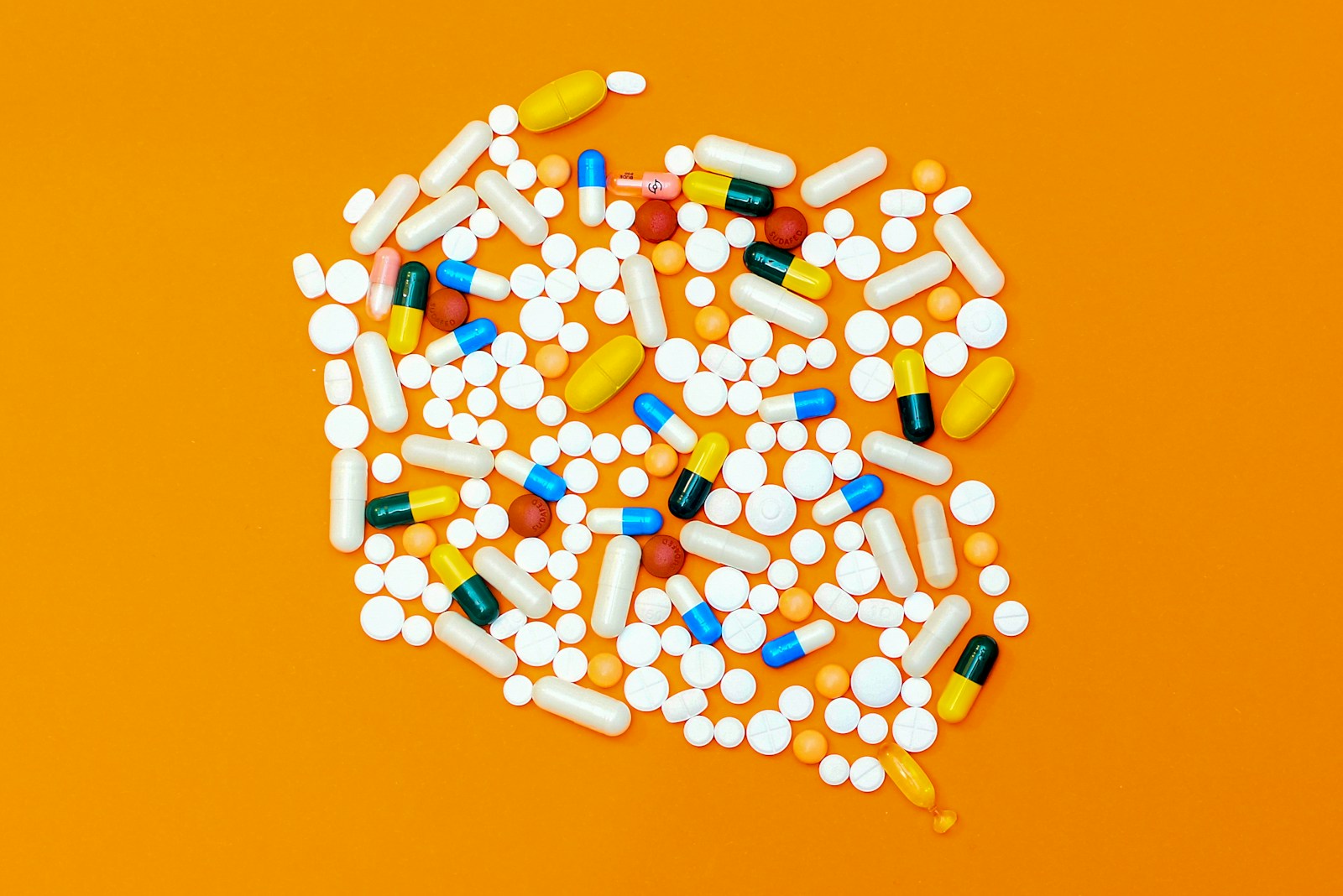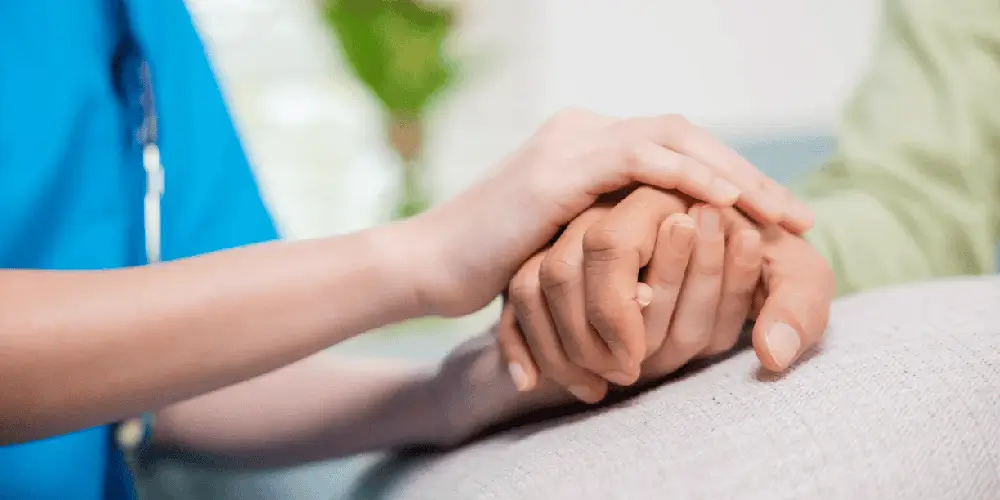In recent months, a new approach to addiction treatment has been quietly gaining traction across treatment centers in the Philadelphia area: the off-label use of GLP-1 receptor agonists—drugs like Ozempic, Wegovy, and Mounjaro. Originally developed to treat type 2 diabetes and, more recently, for weight loss, these medications are now showing surprising promise in the battle against substance use disorders
From Blood Sugar to Behavior
Ozempic (semaglutide) and similar drugs work by mimicking a hormone called GLP-1, which regulates blood sugar, appetite, and satiety. But researchers have discovered that GLP-1 receptors also exist in the brain’s reward centers—the same areas implicated in addiction. Early studies suggest that these medications may reduce cravings and blunt the dopamine-fueled highs associated with alcohol, opioids, nicotine, and even stimulants.
It’s a new and hopeful angle in addiction medicine—targeting the brain’s biochemical pathways to help patients regain control without relying solely on willpower or traditional therapies.
What’s Happening in Philly?
Philadelphia, long at the forefront of progressive addiction care, is becoming an early adopter of this trend. A growing number of outpatient and residential treatment centers are incorporating GLP-1 agonists into their protocols, particularly for clients struggling with intense cravings or co-occurring disorders like obesity or diabetes. In the Philadelphia area, several treatment centers are exploring the use of GLP-1 receptor agonists, such as Ozempic (semaglutide), for addiction treatment:
-
- Caron Treatment Centers: Dr. Steven Klein and his colleague Dr. Mo Sarhan have been utilizing GLP-1 receptor agonists like Mounjaro to treat addictions alongside traditional therapies, reporting positive results in about 75 patients. Financial Times
-
- Livengrin Foundation: Known for its advanced studies in addiction treatment, Livengrin has been investigating the potential of weight loss drugs in addressing alcohol and drug dependency.
A Medical Director at a prominent Philly-based clinic, explains:
“We’ve seen clients using semaglutide report a noticeable drop in alcohol cravings. Some say it feels like their brain isn’t constantly chasing that next drink anymore. It’s not a magic bullet, but it’s giving people a clearer head space to do the real work of recovery.”
Why It Matters
The implications are significant. For decades, medication-assisted treatment (MAT) has primarily focused on a few substances—like methadone or buprenorphine for opioid addiction, or naltrexone for alcohol. GLP-1 drugs could potentially offer a broader, more versatile tool, especially for people who haven’t responded well to other treatments.
Patients are also taking note. In some cases, people prescribed Ozempic for weight loss or diabetes reported unintended but welcome side effects: their alcohol use naturally declined, or they lost interest in cigarettes or recreational drugs.
What’s Next?
While more research is still needed, especially in large clinical trials, the excitement is real. In Philadelphia, where the opioid crisis has hit particularly hard, innovation is not just encouraged—it’s necessary.
Treatment centers are proceeding cautiously, using GLP-1 medications as a complement—not a replacement—for therapy, counseling, and holistic recovery programs. But as the stigma around both addiction and obesity breaks down, this dual-purpose medication could be a game-changer.
A Word of Caution
As with any off-label use, GLP-1 drugs are not for everyone. They can come with side effects like nausea, fatigue, or gastrointestinal issues, and their use in addiction treatment should always be carefully supervised by medical professionals.
At Sunlight Wellness & Recovery, we believe in a full-spectrum approach—balancing evidence-based medicine with compassionate, individualized care. While GLP-1 medications may not be a cure, they offer new hope for those seeking freedom from the grip of addiction. We’re watching this space closing in hopes of new avenues to help people find relief.




